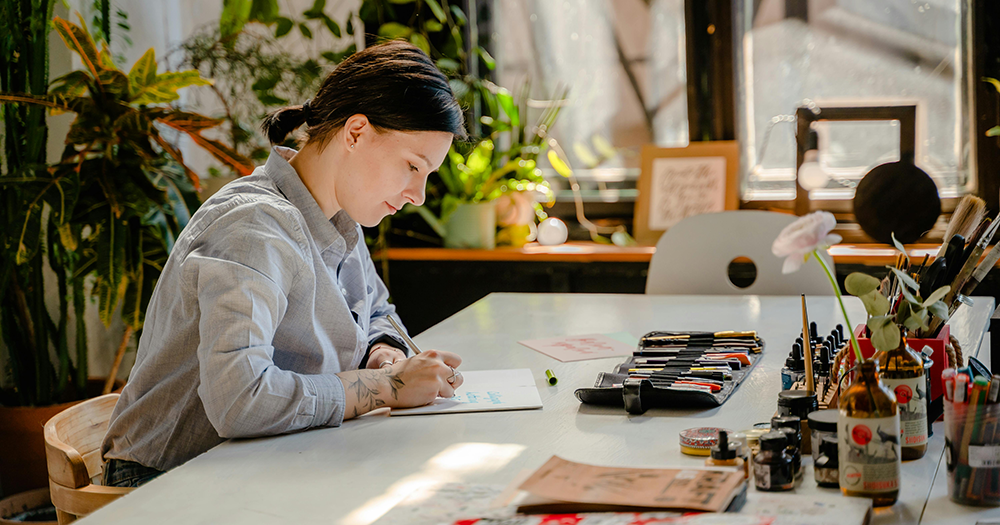Almost half of LGBTQ+ artists face workplace discrimination in Ireland, report finds

A new research report entitled AMPLIFY: A Call for Transformative Action was launched on July 3 by the Irish Theatre Institute (ITI) as part of their Safe to Create programme. The report presents the findings of a comprehensive study examining the lived experiences of disabled, LGBTQ+, and ethnically diverse artists and arts workers in Ireland, including their experiences of workplace discrimination.
The launch event featured presentations of the research findings and recommendations, as well as an in-conversation with Irish-Nigerian academic, author, and broadcaster Emma Dabiri and theatre director Oonagh Murphy. A panel discussion moderated by curator and writer Iarlaith Ní Fheorais highlighted the work of artists leading the way in tackling barriers in the arts sector, including Alan James Burns, Shane Michael Byrne, Amahra Spence, Lianne Quigley, and Oein DeBhairduin.
Over 500 people across various disciplines, including visual arts, theatre, film, music, and literature, participated in the study, which featured online surveys, focus groups, and interviews. The research was developed in close consultation with individuals and organisations from the focus communities to capture both quantitative and qualitative data on all workplace experiences.
The findings show that disabled, LGBTQ+ and ethnically diverse artists and arts workers are experiencing discrimination, exclusion, and other harmful behaviours in Ireland’s arts and creative sector.
Specifically, the report found that identity-based discrimination is pervasive, with 63% of disabled respondents experiencing disability-related microaggressions, 43% of LGBTQ+ respondents facing microaggressions related to their sexual orientation, gender identity, or intersex status, and 51% of racially and ethnically minoritised respondents experiencing racial microaggressions.
A significant number of respondents feel they missed opportunities at work due to negative perceptions, including 74% of disabled respondents, 43% of LGBTQ+ respondents, and 54% of racially and ethnically minoritised respondents.
Additionally, results show that reporting structures and policies are not operating well, with many individuals afraid to raise issues due to fear of reputational damage, as indicated by 60% of disabled respondents, 55% of racially and ethnically minoritised respondents, and 45% of LGBTQ+ respondents.
Sieh dir diesen Beitrag auf Instagram an
Generally, there seems to be a lack of awareness and understanding of the lived experiences of minoritised artists and arts workers, with the burden of improving conditions falling on the minoritised individuals themselves.
The insights gathered from this research will guide the development of further Safe to Create supports, toolkits, training, and other materials to improve workplace experiences in Ireland’s arts and creative sector, especially concerning discrimination of disabled, LGBTQ+ and ethnically diverse people.
Niamh O’Donnell, Director of ITI and Safe to Create, emphasised the need for meaningful change and action throughout all levels of the sector to create a safe, respectful, inclusive, and equitable working environment for everyone.
“The more diverse our sector becomes, the stronger it will be,” said O’Donnell. “Equity is about rights, fairness, and justice. It’s imperative everyone is treated with the same dignity and respect.”
The report also sets out detailed recommendations for activating leaders, building policy and action commitments, expanding capacity through training and resources, and challenging systemic barriers through collaboration.
The report is part of Safe to Create’s three-year research strand responding to the 2021 Speak Up report, aiming to improve workplace experiences in Ireland’s arts sector.
The post Almost half of LGBTQ+ artists face workplace discrimination in Ireland, report finds appeared first on GCN.

 Yahoo News
Yahoo News 
